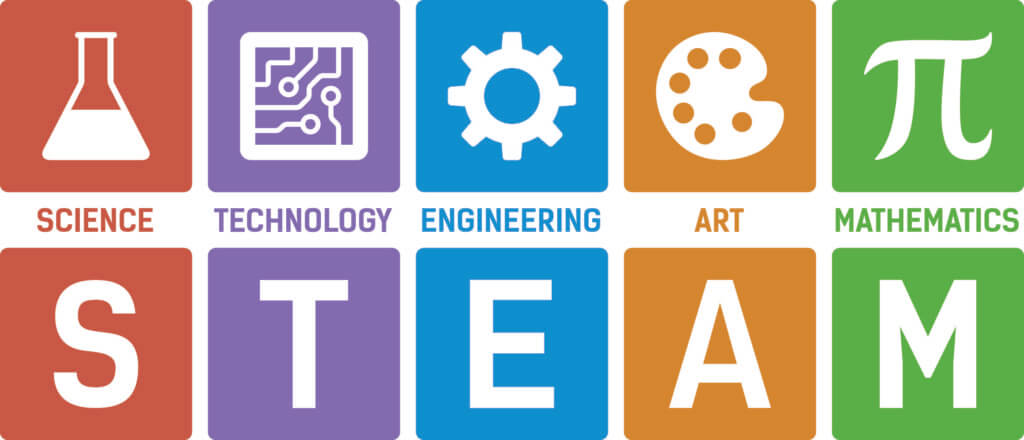Are you a parent to a child that thrives academically and enjoys STEAM-based curriculum? Often, we see that children who are at the top of their class tend to struggle socially. Therefore, we have created a Social Skills Group that is inspired by the STEAM curriculum and focuses on navigating friendships.
During this 60-minute group session, we keep the children engaged by offering a new STEAM-based activity each week. The activity always puts the children in a situation where teamwork is necessary and teaches them how to interact with their peers. We believe that group is a great way to improve self-confidence through naturally building healthy friendships. Our activities carefully follow the STEAM philosophy of the why, the how, and the what based on education, science, mathematics, arts, and technologies. Our goal is to have your child enjoy their experience in group each week while growing and developing new social skills with their peers.
We target the following areas:
- Building confidence and self-esteem
- Accepting Constructive Criticism
- Understanding the difference between teasing and bullying
- Self-advocating in an appropriate way
- Learning back and forth conversation skills
- Basic and advanced friendship and social skills
- Practice being both a leader and an effective follower
During the final 15-minutes of group, we invite our parents to come join us and become a part of the group. We let each child present the part they played during the activity and show how their teamwork with one another created a final product. We also make sure to go over what skills were directly targeted, in order, to keep the parent involved with this process.
An example of a STEAM group activity is the giant marble run. The marble run allows the children to experiment and create a large structure with the pieces as well as test out their creation. Over the course of a few weeks, we have done activities based around the marble run to target confidence, communication, and teamwork. For example, the group participated in taking roles whether they were the supplier, builder, or leader and their goal was the create a structure. Each child had a chance at all of the roles and was able to learn from one another. The final product of this activity was a successful marble run that they could showcase to their parents.
Want to learn more about the group? Click here
Ready to sign up?

